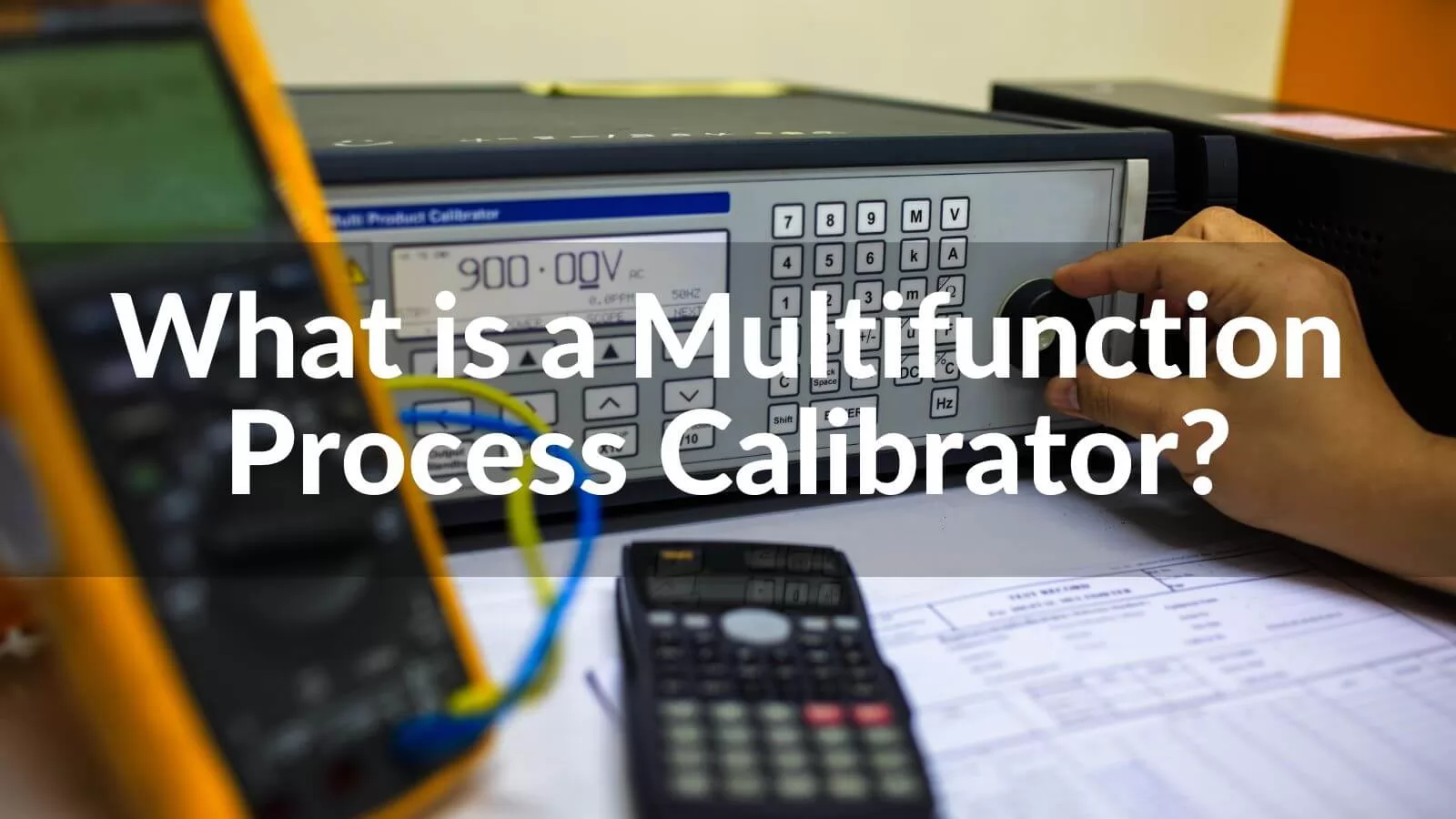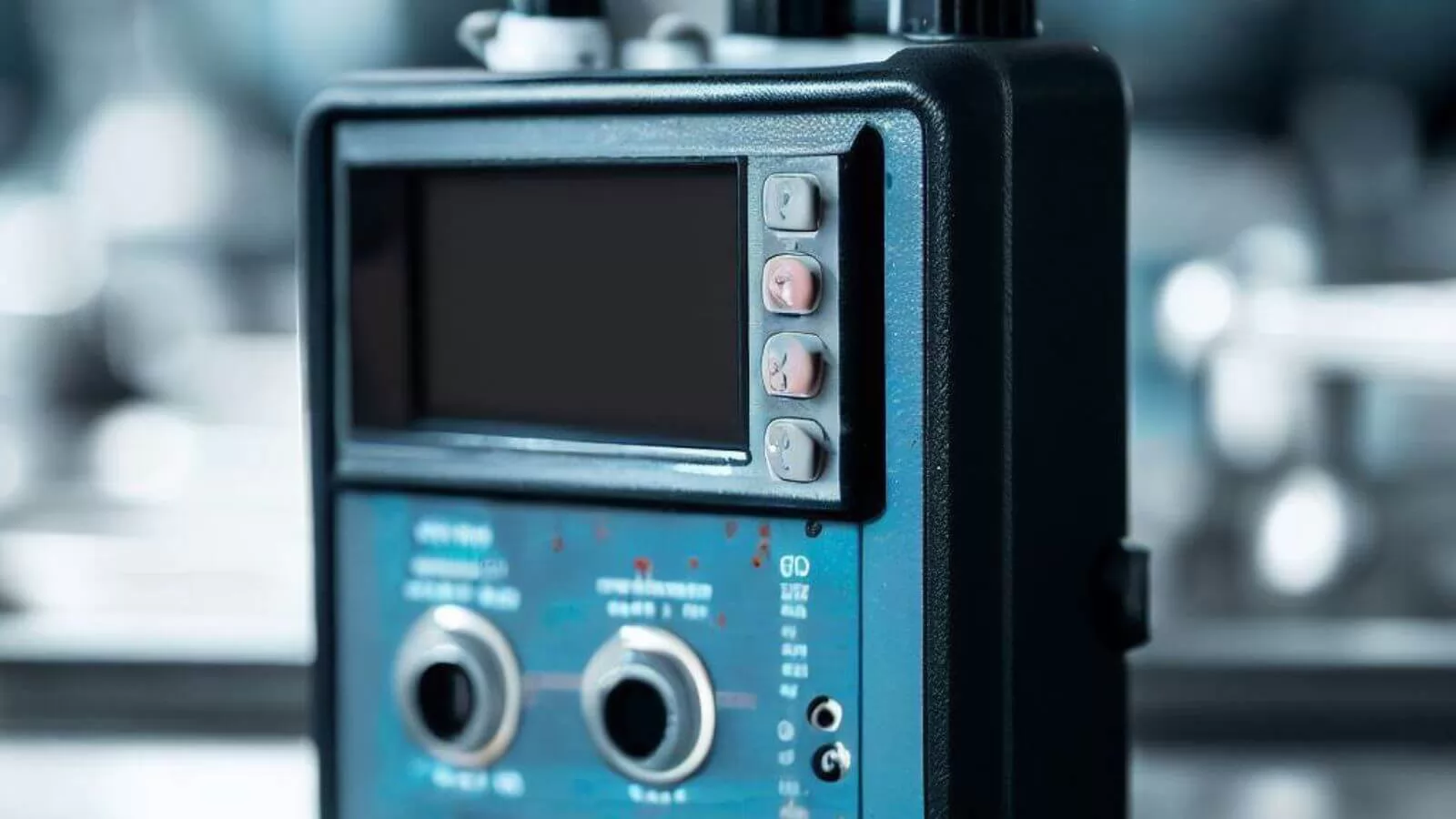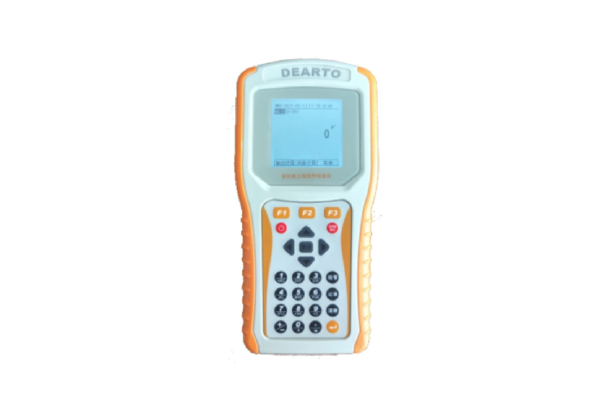
In many different sectors, accurate calibration is essential for maintaining the dependability and precision of devices. We will dig into the realm of multifunction process calibrators and their importance in the calibration process in this detailed tutorial.
A multi-function process calibrator is a strong tool that stands out for instrument calibration. It is made to carry out a variety of calibration jobs, giving professionals the adaptability and productivity required to maintain optimum instrument performance. A multi-function process calibrator's wide range of capabilities reduce the need for several specialised tools, streamlining the calibration procedure and saving important time.
Understanding Multifunction Process Calibrators

A multi-function process calibrator is a versatile instrument used to calibrate and test a wide range of process control instruments, including temperature sensors, pressure transmitters, flow meters, and more. Unlike single-function calibrators that are limited to specific measurements, multi-function calibrators offer a broader scope of capabilities, making them indispensable tools for instrument technicians and engineers.
These calibrators are equipped with various features that enable them to measure and simulate different electrical signals, such as voltage, current, resistance, temperature, pressure, and frequency. They can generate precise and stable signals for calibration purposes and accurately measure the output of instruments under test. Additionally, multi-function process calibrators often come with advanced functionalities like data logging, math functions, and communication interfaces for enhanced calibration and analysis capabilities.
Functions and Capabilities

• Voltage Calibration: Technicians can calibrate voltage metres and test devices that rely on voltage measurements using multi-function process calibrators, which can produce stable and accurate voltage signals.
• Current Calibration: Multi-function calibrators give specialists the ability to calibrate current loops, measure current-based equipment, and troubleshoot control systems by producing exact current signals.
• Resistance Calibration: These calibrators are useful for calibrating resistance-based devices like RTDs (Resistance Temperature Detectors) and thermocouples since they can precisely measure and mimic resistances.
• Temperature Calibration: Multi-function process calibrators are vital instruments for calibrating temperature sensors, transmitters, and controllers because they can simulate and measure temperature. They are able to produce steady temperature signals and verify sensor operation across a wide temperature range.
• Pressure Calibration: The capacity to calibrate and test pressure equipment, such as pressure transmitters and gauges, is provided by these calibrators. They can provide exact pressure signals and check the precision of pressure readings.
• Frequency Calibration: Multi-function process calibrators are useful for calibrating equipment that rely on frequency measurements, such as tachometers and frequency counters, since they can provide exact frequency signals.
Applications and Industries
• Industrial Automation: Multi-function process calibrators are extensively used in industrial automation to calibrate and maintain control instruments, ensuring precise and reliable process control. They play a crucial role in industries such as manufacturing, oil and gas, chemical, and power generation.
• Instrumentation and Test Labs: Calibration laboratories and test facilities rely on multi-function process calibrators to verify and certify the accuracy of measurement instruments. These calibrators enable technicians to maintain traceability and meet quality assurance requirements.
• Pharmaceutical and Healthcare: In pharmaceutical and healthcare settings, multi-function process calibrators are utilized to calibrate temperature sensors, pressure transmitters, and other critical instruments that ensure safety, quality, and compliance.
• Research and Development: Multi-function process calibrators find applications in research and development environments where precise measurement and calibration are essential. They enable accurate testing and validation of prototypes, experimental setups, and data acquisition systems.
Benefits and Advantages
Saving time and money: By incorporating many calibration functions into a single device, multi-function process calibrators reduce the need for separate instruments, expediting the calibration process. By removing the need to purchase and maintain many specialist pieces of equipment, this saves time and money.
Better Accuracy: These calibrators ensure accurate calibration of devices by offering high-precision measurements and signal generation capabilities. They provide technicians reliable and precise calibration results.
Enhanced Efficiency: By offering user-friendly interfaces and optimised processes, multi-function process calibrators make the calibration process simpler. They let technicians easily calibrate a variety of devices, lowering mistakes and boosting productivity.
Flexibility and Adaptability: Multi-function process calibrators can adapt to different calibration requirements thanks to their wide variety of features and capabilities. They are adaptable tools for several applications since they can handle various measurement ranges, signal kinds, and instrument types.
Choosing the Right Multifunction Process Calibrator
Measurement Range and Accuracy: Check the calibrator's measurement range and accuracy specs to see whether they satisfy your unique calibration requirements. Choose a calibrator that accurately covers the range of equipment you will be calibrating by keeping that range in mind.
Usefulness: Look for a calibrator with simple controls and a user-friendly user interface. Technicians can easily complete calibrations thanks to an interface that is easy to use and has a short learning curve.
Compatibility: Ensure that the multi-function process calibrator is compatible with the instruments and protocols commonly used in your industry. Consider factors such as communication interfaces (e.g., HART, FOUNDATION Fieldbus) and compatibility with instrument manufacturers' protocols.
Brand Reputation and Support: Research reputable brands known for producing reliable and durable multi-function process calibrators. Consider factors like warranty, customer support, and availability of calibration services to ensure long-term support and reliability.
Conclusion
We have examined the world of multi-function process calibrators in this extensive guide, learning about their roles, capabilities, uses, and advantages. Technicians may assure accurate and dependable instrument calibration, improving process control, compliance, and overall operational efficiency by selecting the proper calibrator and following best practises.
If you have other questions, please contact us!



